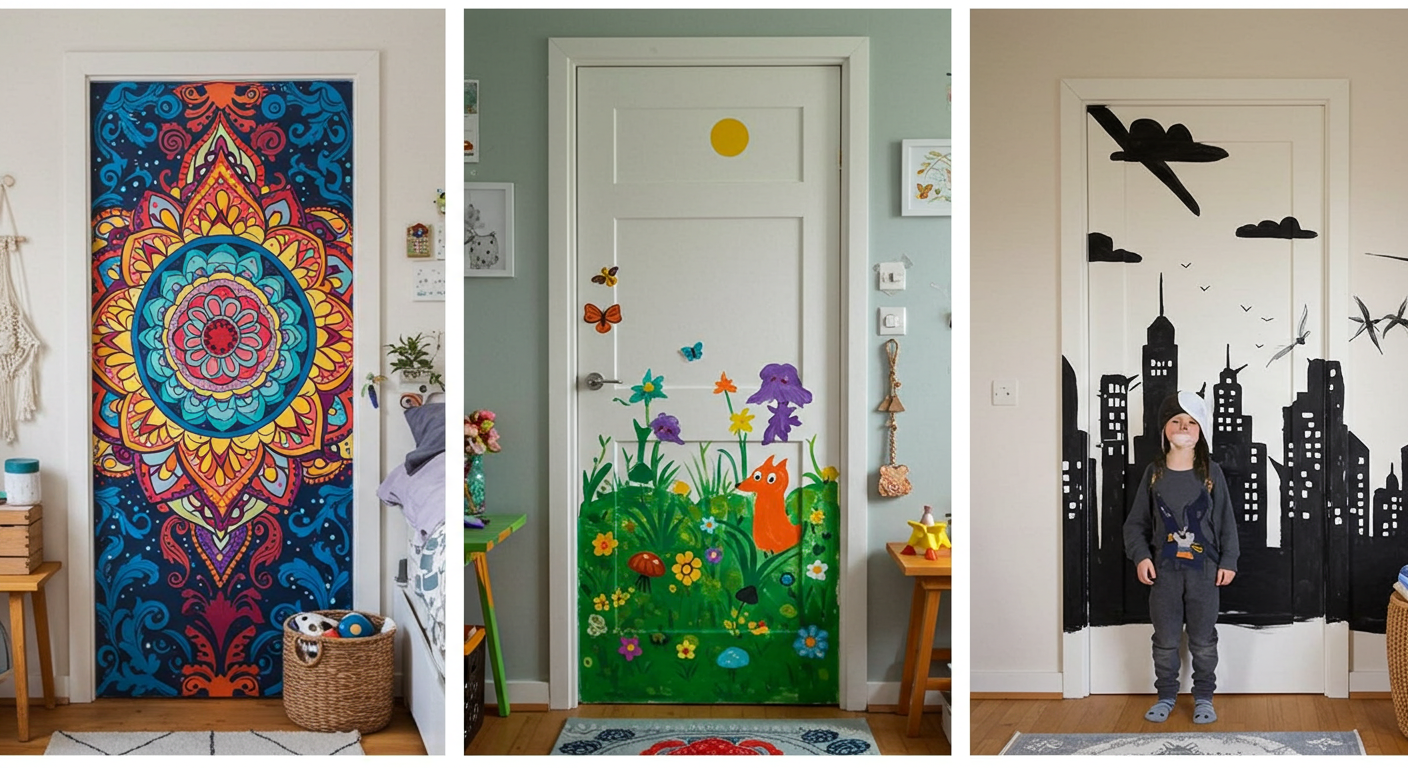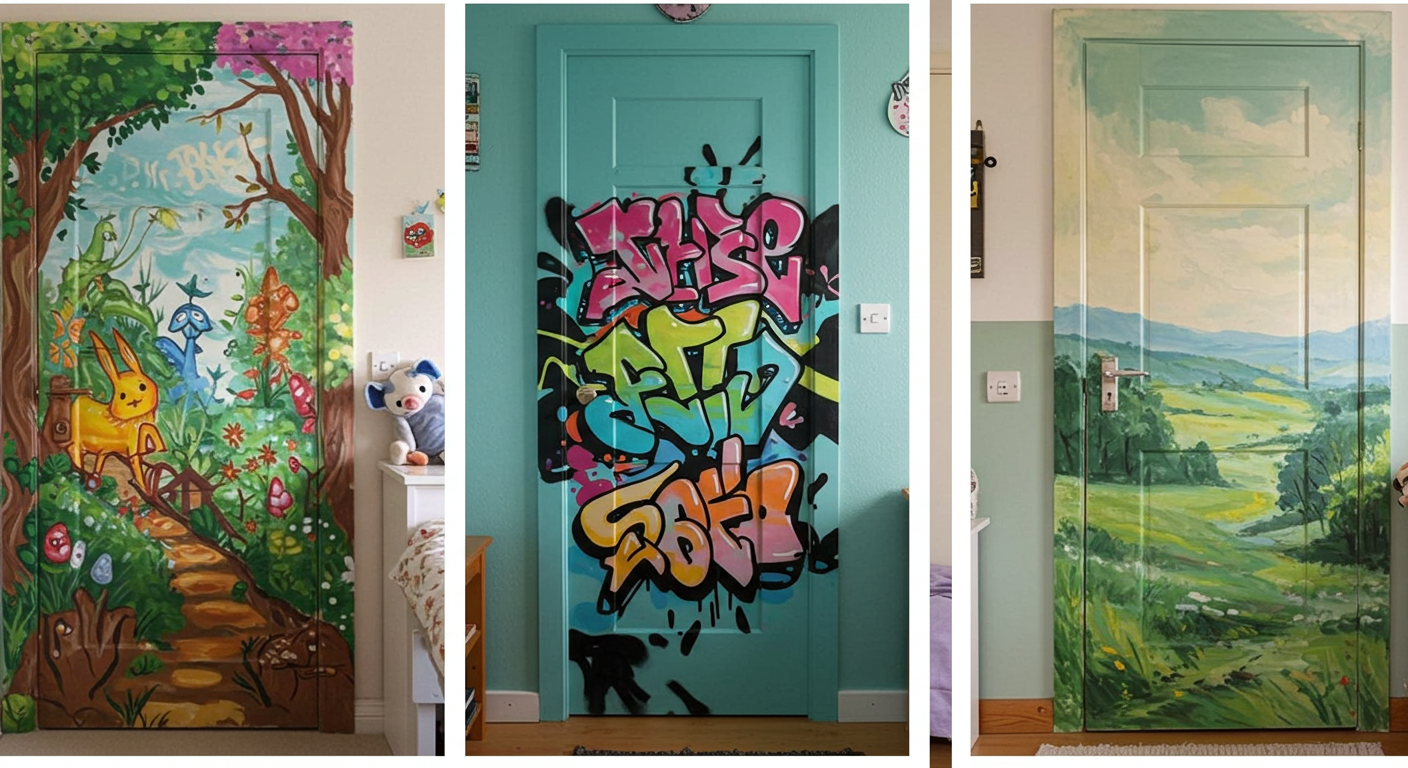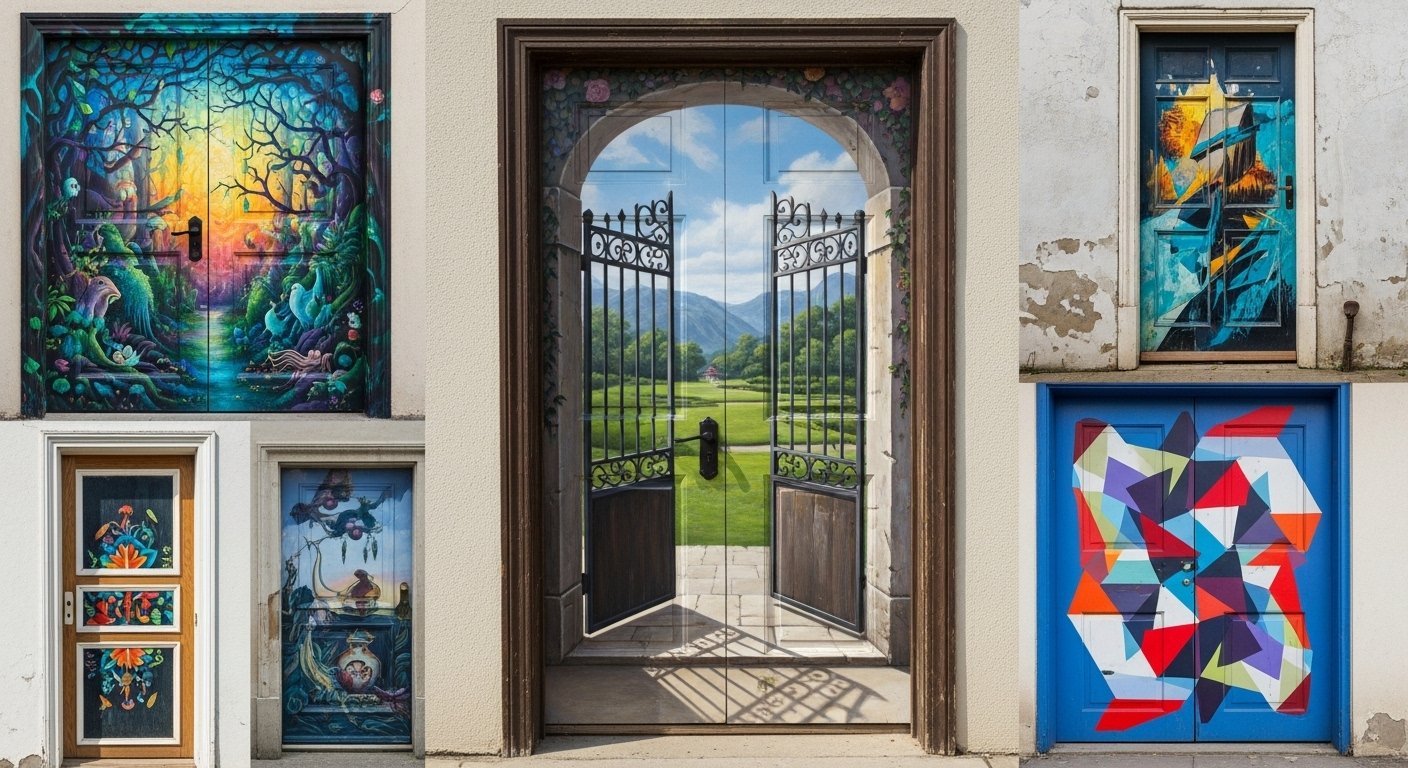The gaming industry is undergoing a seismic shift as artificial intelligence (AI) becomes an indispensable tool for developers. Recent data reveals that over 68% of studios now leverage AI for tasks like procedural content generation, NPC behavior enhancement, and asset creation—slashing development timelines while delivering richer, more personalized player experiences 16. From indie teams to AAA giants, AI is reshaping how games are made and played. Below, we explore the key advancements, real-world applications, and ethical considerations of this transformative technology.
1. AI Accelerates Development & Reduces Costs
AI streamlines labor-intensive processes, allowing studios to focus on creativity rather than repetitive tasks:
- Procedural Content Generation (PCG): Tools like Stable Diffusion 3.5 (Stability AI) generate high-quality 2D/3D assets—from fantasy landscapes to futuristic cities—in seconds, cutting months off production schedules 2.
- Automated Coding: NVIDIA’s RAG-powered Code Llama assists with Unreal Engine scripting, suggesting bug fixes and optimizing code blocks 1.
- Dialogue Automation: Ubisoft’s Ghostwriter generates NPC dialogue drafts, freeing writers to refine narratives 6.
Example: Capcom uses Google’s Gemini AI to brainstorm 100,000+ game design ideas in minutes, drastically speeding up pre-production 4.
2. Smarter NPCs & Dynamic Storytelling
Gone are the days of robotic NPCs repeating the same lines. Modern AI enables:
- Behavioral Depth: NPCs in games like Alien: Isolation adapt to player tactics using hybrid AI systems (e.g., behavior trees + reinforcement learning) 3.
- Real-Time Conversations: Generative AI (e.g., ChatGPT) lets players engage in unscripted dialogues, with characters responding authentically based on backstories 7.
- Branching Narratives: AI-driven “living games” (e.g., SEED by Klang Games) evolve storylines based on player choices, creating unique experiences for each user 4.
3. Personalization & Player-Centric Design
AI tailors games to individual preferences:
- Difficulty Adjustment: Machine learning analyzes player skill (e.g., Rocket League’s AI bots) to balance challenges 3.
- Procedural Worlds: Games like No Man’s Sky use AI to generate infinite, explorable universes 8.
- UGC Tools: Platforms like Ready Player Me empower players to design custom avatars and animations via AI 8.
4. Ethical Challenges & Industry Debates
While AI offers immense potential, it raises critical concerns:
- Job Displacement: 60% of game freelancers fear AI could replace roles in art, writing, or QA 7.
- Creative Homogenization: Over-reliance on AI may dilute unique artistic vision 6.
- Transparency: Valve now requires studios to disclose AI usage to address IP and quality concerns 6.
The Future: AI as a Collaborative Tool
AI won’t replace developers—it will augment their creativity. As NVIDIA’s RAG and Amazon Bedrock’s SD3.5 demonstrate, hybrid human-AI workflows are the key to scalable innovation 12. The studios that thrive will be those harnessing AI responsibly, blending its efficiency with human ingenuity.
What’s next? Expect AI to pioneer real-time game generation, where entire worlds morph based on player emotions—ushering in a new era of “living” virtual experiences 47.
For deeper insights, explore our sources on AI in Unreal Engine or Stability AI’s tools.




